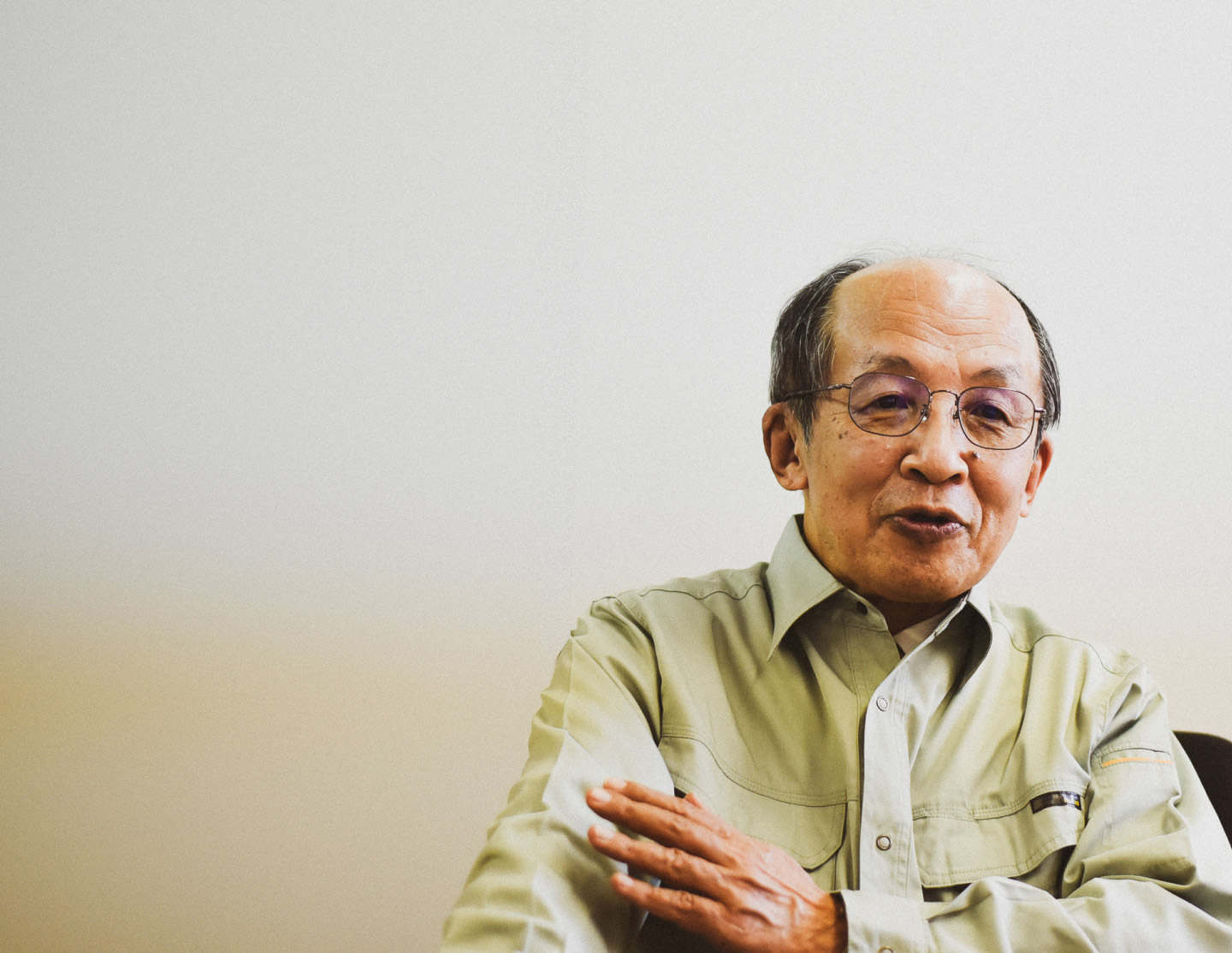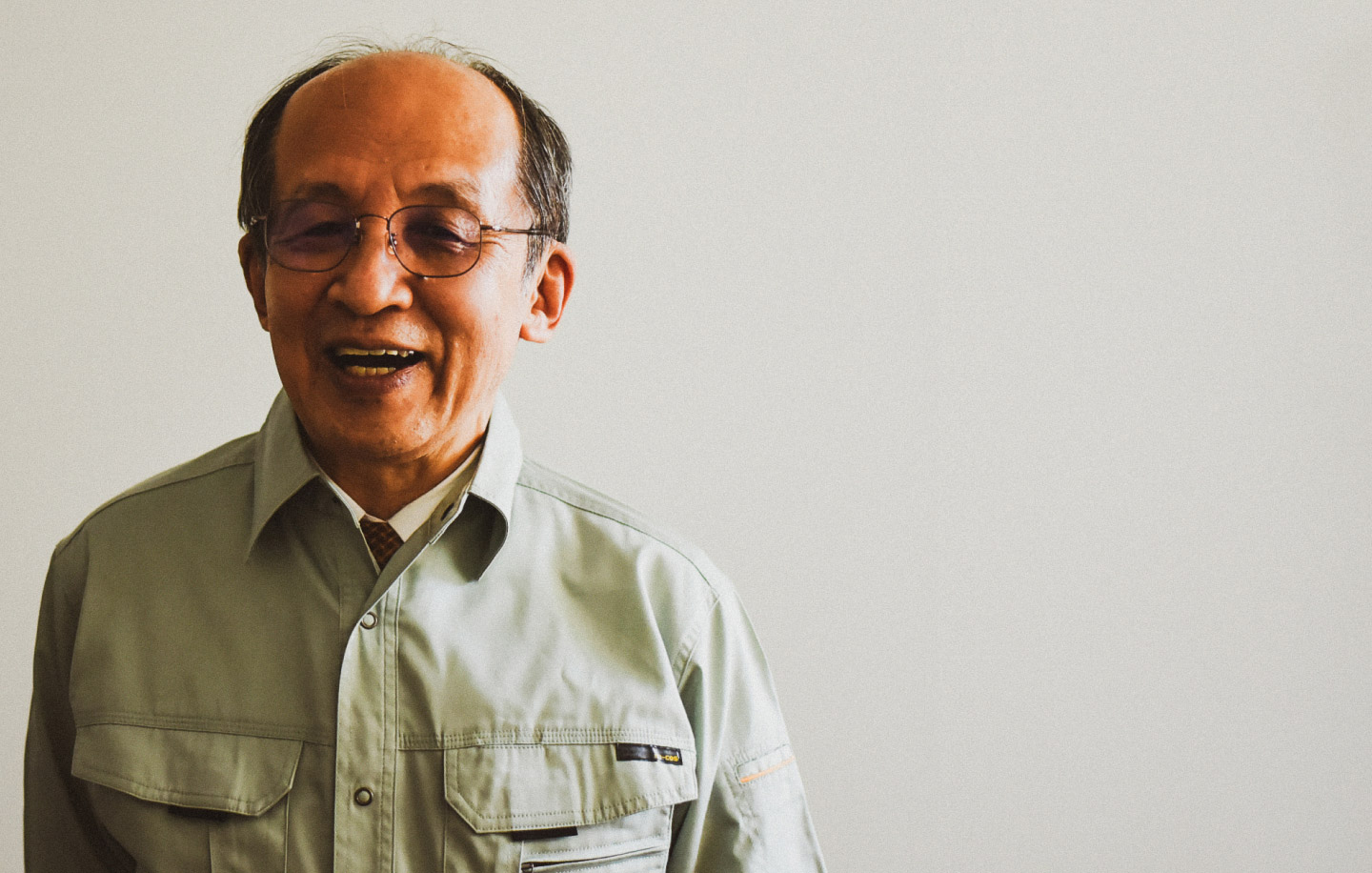A 43-year Career Built
in the Civil Engineering
Industry
Please introduce yourself.
My name is Kazuhiro Kochi. I graduated from the Civil Engineering Department of a
university in March 1979 and joined a general contractor Hazama Corporation (presently known as Hazama Ando).
I was immediately assigned to a hydroelectric power plant site, and then in the design department, I was
mainly involved in construction planning and design of dams, hydroelectric power plants, and river improvement
works.
In 2005, I left Hazama to join a consulting firm, where I also worked as a construction manager for Japanese
companies constructing plants overseas.
Then, in 2010, I joined JEM when it was established. I have been involved in construction management and
technical guidance mainly for hydropower plants in Indonesia, the Philippines, and Pakistan.
Why did you get into the construction industry?
Perhaps it was my visit to the Kurobe Dam in Japan on a school excursion when I was a sophomore in high school. When I actually saw and walked on the dam, I thought, “Civil engineering is amazing”. It was nearly 50 years ago.

The first time I came across JEM was 12 years ago. Due to the “no-dam policy” of the administration at the time, I lost my job at the company I worked for. JEM was established just at that time, and I was invited to join the company by the CEO, who was my former boss from my time at Hazama. I had a strong overseas interest at the time, and I felt that JEM was a perfect fit because I could make use of my past experience.
How do you spend your private time?
I have been overseas for most of the last 10 years, so I have some restrictions, but I listen to music in my room, read e-books, and occasionally watch Japanese TV. I also like to drink alcohol, but it is a precious commodity overseas, so I enjoy it little by little.
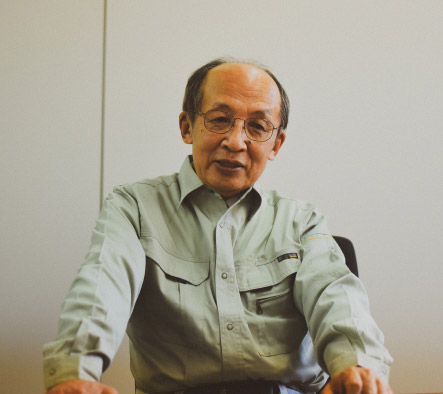
My family consists of my wife, two daughters, and one grandchild. Before the Corona disaster, I was allowed to return home every three to six months to spend time with them.


A Painful Failure in My Second Year
Led to the
Attitude I Have Now
Please tell us about any episodes or failures that have made an impression on you so far.
I made a lot of mistakes when I was young, but the one that stands out in my memory is a
surveying error I made during my second year at Hazama.
My seniors at the construction site told me, “When surveying, you should always directly measure and confirm
the positional relationship of even existing structures”. But at that time, I neglected to check. I ended up
breaking a considerable amount of concrete I had made on the dam construction job.
It was a painful time. But because of that experience, I have made sure to check
everything thoroughly. People who have been through a painful experience become very careful. I
educate my engineers and inspectors thoroughly, and I check directly with them when it is important to do so.
In my own way, I have tried to follow the words of a famous Japanese Admiral: “A person will not move unless
you show them, tell them, have them do it, and then praise them”. Since things will not turn around
immediately, I have no choice but to work on it step by step. Above all, the
most important thing is to “move the construction forward”
Also, there is a big difference from the Japanese sense of safety. It is very important to complete the
construction work without any accidents, but when I actually attend the construction site, dangerous and
unsafe behaviors are noticeable. Even when I point out these behaviors, they are not easy but must be
improved, and I feel that this is a difficult issue to solve.
Do Not Forget to Have Knowledge of and Respect for the Country.
Is there anything you would like to share with those who are going to work overseas?
First, I think it is important to have respect for the
local culture and customs and the country. It is also important to know at least the general
aspects of Japan’s historical relationship with the country.
We are in the position of “recieving a job” in the countries we go to. Most of the countries we go to are
developing countries, and many of them are poor, so the payment we receive is quite high by their standards.
We must not forget this.

If there is a difference in knowledge level with local engineers, it is easy to
become superior or arrogant, but I think it is necessary to be self-disciplined to avoid this.
The other thing to consider is communication with local staff. It should not be a unilateral, and
moreover, you should not be overbearing. No matter how much you may not be able to communicate as well
as you would like, you must listen to their opinions and respond accordingly. After all, it is all about human relations.
When working overseas, you will encounter many problems. It is a constant struggle, but if the
construction project moves forward through steady action, I feel that my work is useful. And when
construction is successfully completed after years of work, I can enjoy the great joy of having made a
contribution to society.
For the Happiness of the People I Want
to Continue Working Abroad
for the Rest of My Life.
What do you plan for the future of your life?
I turned 65 last year, and fortunately I have no particular health problems, so I would
like to continue working overseas for a while now. That way, I will be able to prevent aging in both body
and mind. I know many overseas members who are still working well past 70.
I am grateful to JEM, the company that gave me this opportunity. It is a pleasure to be able to use my
experience to help them, and it is a pleasure to be a civil engineer. I have been involved in hydroelectric
power generation, so it would be great to see the projects I have been involved in completed, producing
electricity and leading to people’s happiness.
MY ALBUM
OTHER STORIES
-
Engineer Interview 03
Do not rely only on experience,
I want to be a technician
who is constantly updating.45 years of Engineer Career
Joined JEM in 2023Seiya Sakuma
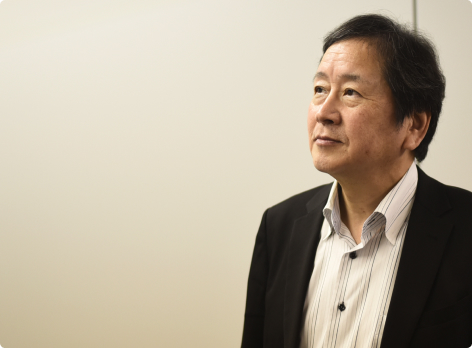
-
Leaders’ Cross Talk
JEM's past and
presentRevealing
the FutureFounder Oyabu
Current CEO FujiokaJEM's past and present
Revealing the FutureFounder Oyabu
Current CEO Fujioka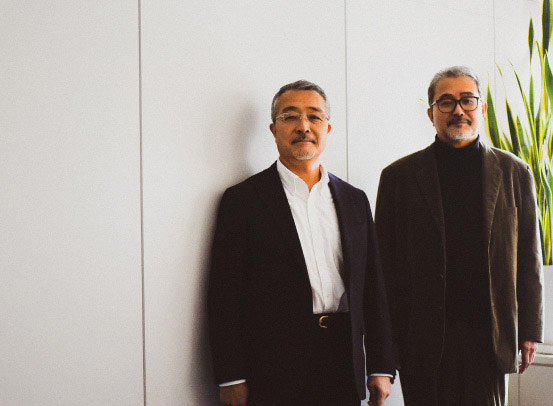
So Let's Start
the Conversation.
